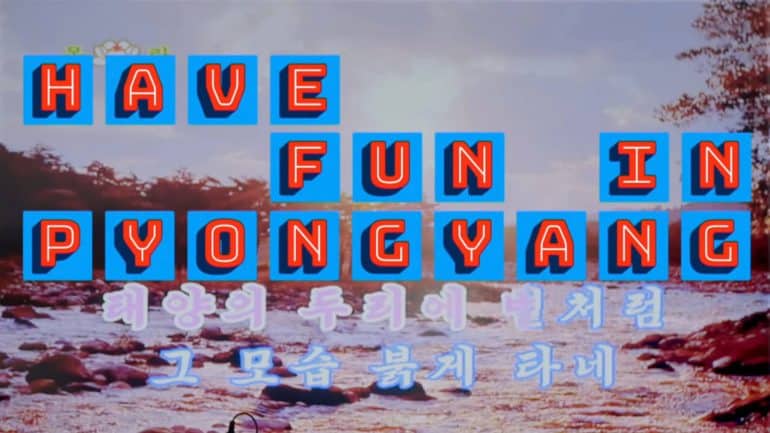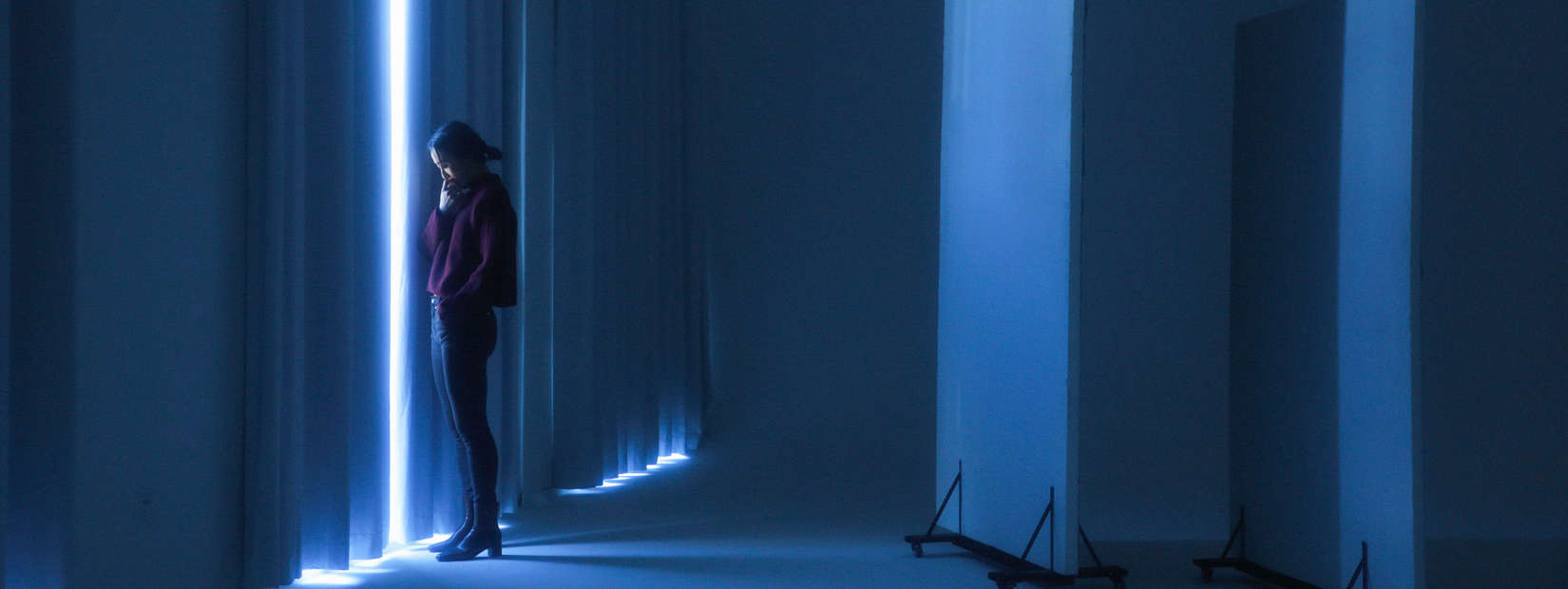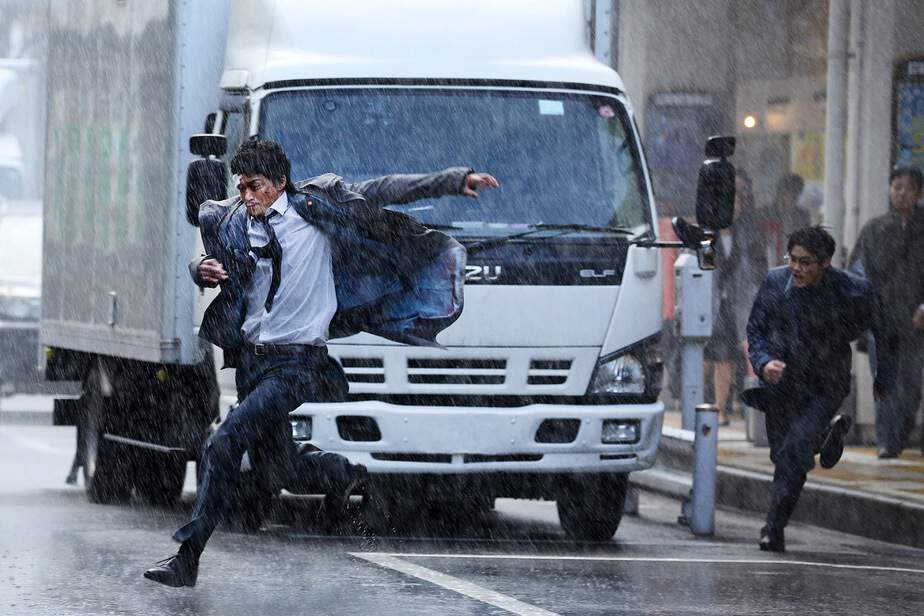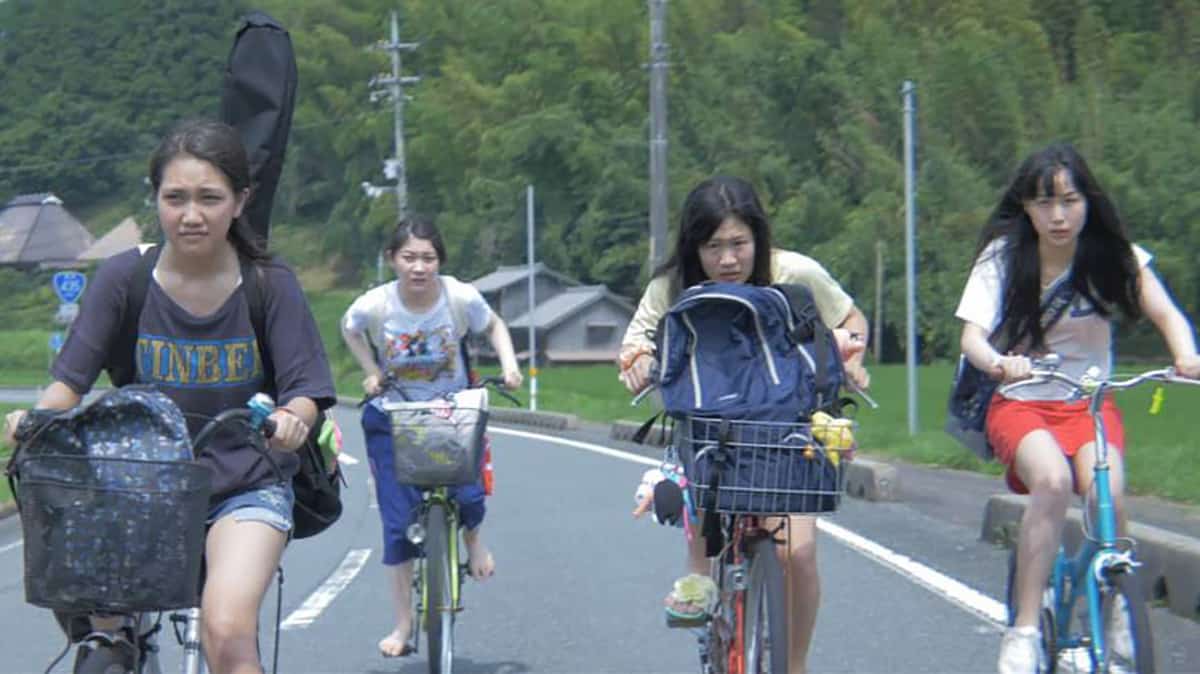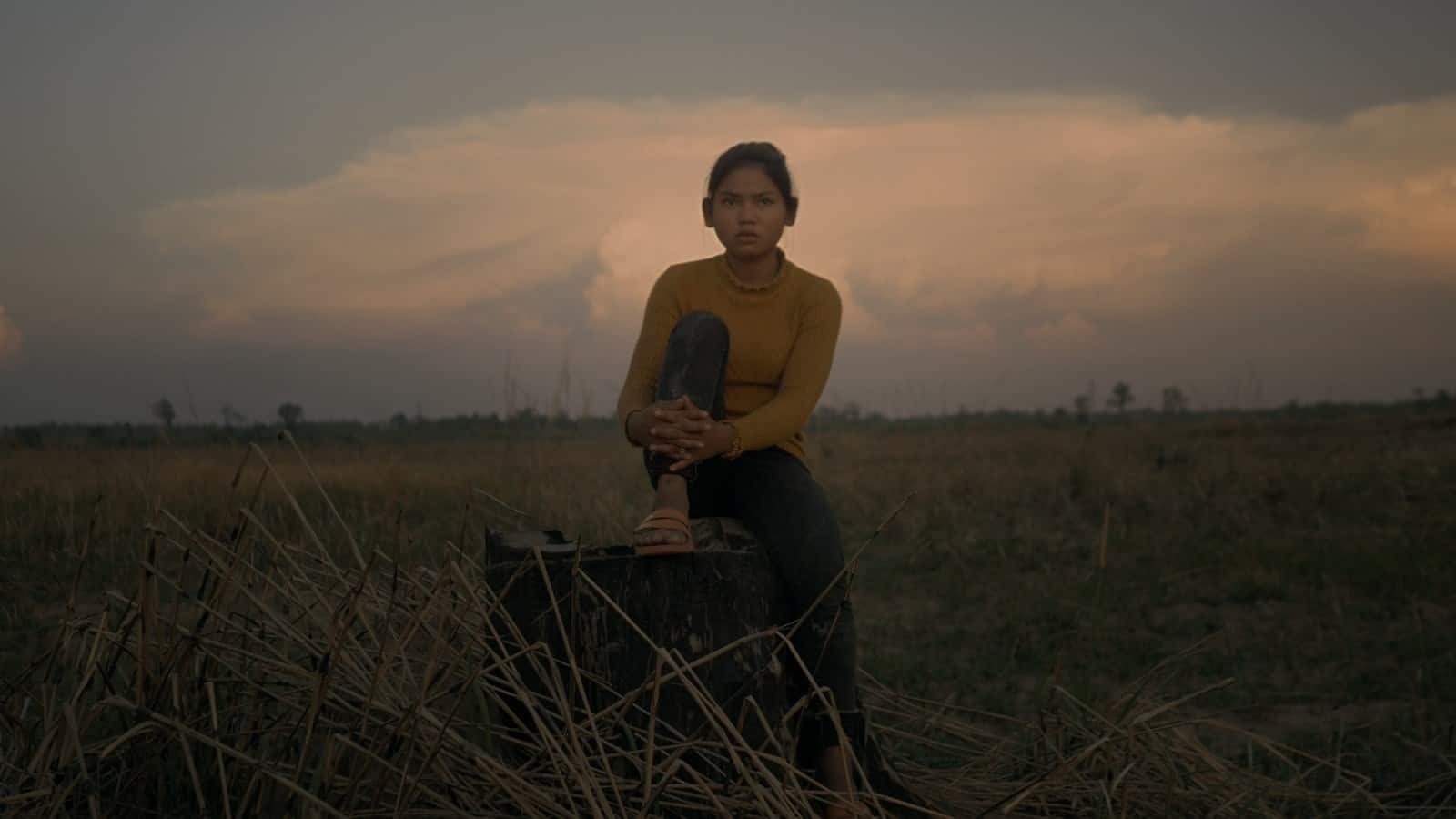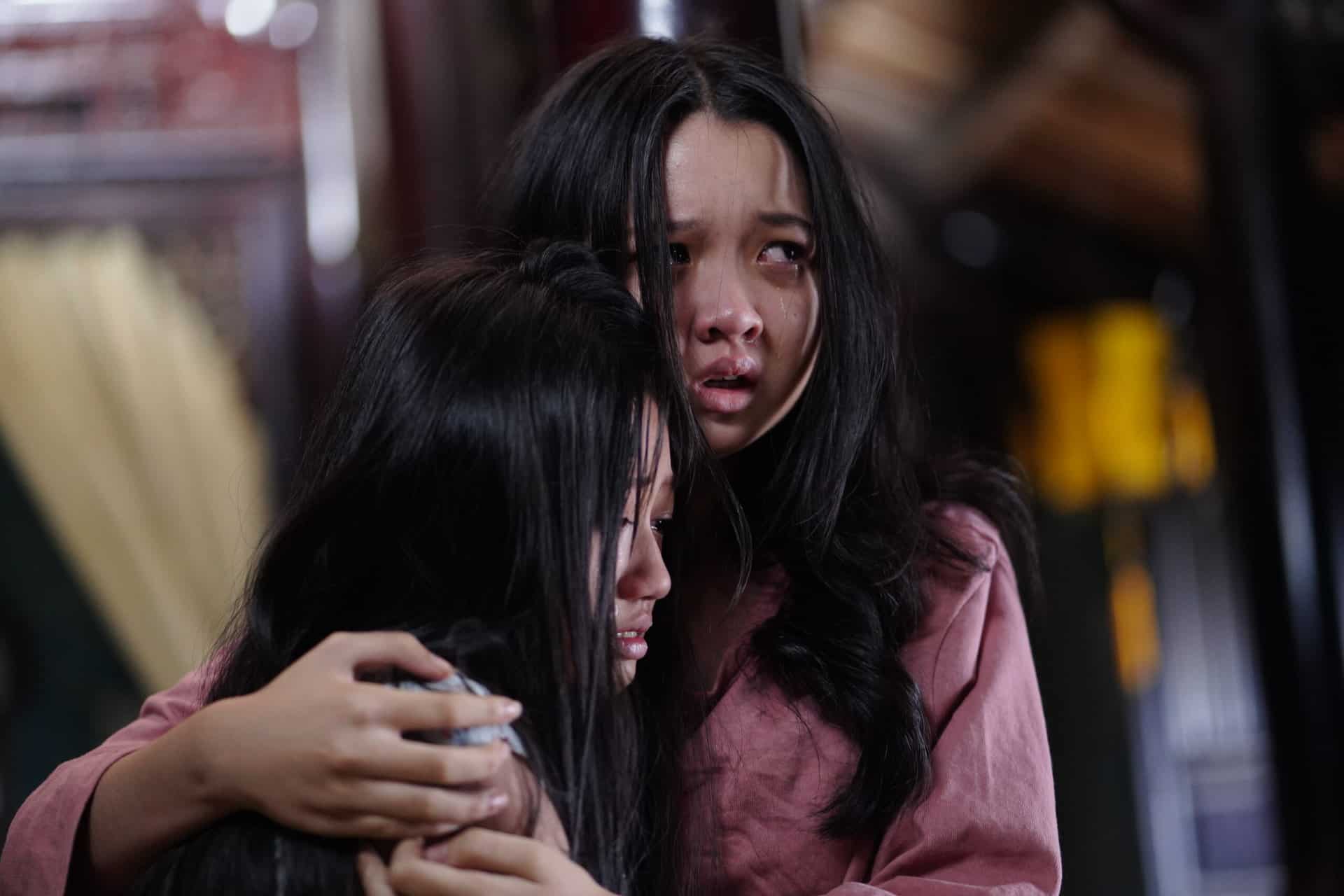When Cuba first opened to outsiders in 2015, a few of my Korean friends visited — and would return, eyes shining. They would tell of the nostalgia, the charms of a regime long untouched by American capital. It was, they would recount, a pastel land that – actually – is not as bad as it seems; clearly, the American propaganda we had been subject to had blinded our own impressions of the closed nation-state.
“Have Fun in Pyongyang” screened at Florence Korea Film Fest

“Have Fun in Pyongyang” — a documentary about yet another closed dictatorship, North Korea — seems to take a similar approach. Director Pierre-Olivier Francois presents eight years worth of footage of North Korea's everyday life. Spanning from extensive military parades to innocent karaoke scenes to playful roller-skating fads, the documentary intersperses panoramas with local interviews. North Korea is okay, the overwhelmingly French crew seems to suggest. The people are not as oppressed – at least, on a local level – as the West would have us believe.
As if in direct conversation with the Guy Delisle graphic novel memoir “Pyongyang: A Journey into North Korea” (another French interpretation of a North Korean visit – one that actually inspires fear), “Have a Nice Day” is surprisingly bold in its approach. There are clandestine shots within the bus, for sure; however, the documentary still captures interviews with the locals. When the crew arrive at a seashore, for example, the scene looks remarkably… familiar. The camera gazes upon a crowded beach; children jump into the ocean, older folks dance to vaguely trot-sounding music in the nearby woods. The scene is almost synonymous to one that would be found in Haeundae, South Korea's most popular shore.
The camera does not linger however, presumably because of the restricted filming conditions. Notably, the film seems to move into another cut each time the locals on-camera glance over and notice the production. The interviews perhaps are the most intriguing parts to the film – but even they are cut short. In a way, they're almost painful to watch. From the very first interview with a man in a waterpark to the one of the last, of a sashimi ajumma by the seashore, they echo a rhetoric reminiscent of South Korea's own (especially from 10 years ago): What an honor it is to have a Western eye recognize the regional beauty. If only the world could know how nice Korea actually is.
This last interview is the wake-up call. While Francois' saccharine documentary glosses over the pleasantries of daily life, the nationalist undercurrent is clear. It is then that one realizes how Francois' crew does not mention the conditions in which they had filmed; the controls that they may have had in choosing who to interview; nor is there mention of what year, even, any part of the film has taken place. “Have Fun” is notable not for its inclusions of the everyday, but rather for its omissions — of how, in this seemingly retro paradise, there is little to no mention of tyranny, of self-surveillance, of the ongoing military programs central to the nation-state's global image.
“Have Fun” thus walks this fine line of contradictions. On one hand, it is enlightening; insightful even, to show so much unprecedented footage of the Hermit Kingdom. On another hand however, the documentary's very lack of transparency in its production process echoes the very propagandistic nature of the North Korean regime. How much of this footage is original; how much of the people speak of their own volition; and further, who is being interviewed – actors for the state, or benefited even, from their relative economic privilege? How would this documentary change in character if we exited Pyongyang?
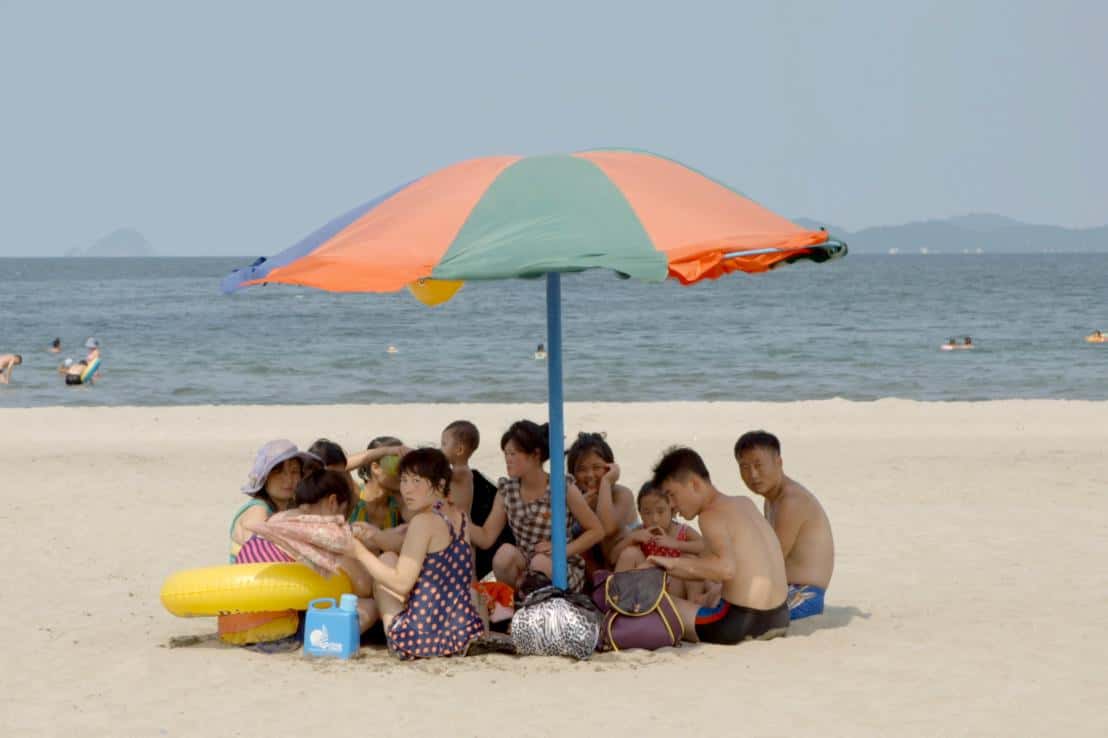
The film is riddled with paradoxes that it fails to address. Unfortunately, Francois and his crew seem too blinded by their rose-tinted glasses that they – naively – seem to buy into the propaganda that they are presented with. As discreet as the production may have been, the team is not critical enough of the location in which they are shooting in. Geopolitics suddenly fade to the background in favor of this honeyed perception of the “everyday” North Korean (whoever that even may be). This documentary feels edgy for the sake of being edgy – contrarian to the global image of North Korea for some cheap marketing stint.
“Have Fun in Pyongyang” definitely had potential. With so many years of footage, the narrative could have spun in so many ways; it could have recorded gradual progressions within the closed doors of the regime (had there been any), or even considered North Korean locals in direct conversation with South Korean perspectives. At the end of the day however, the film reads as a 72-minute Western fetish for North Korea. It is provocative for the sake of provocation, and in so doing, falls captive to the singsong narrative of North Korea's “progress.” At the end of the day, “Have Fun in Pyongyang” is, well, just a record of some French crew's leisure trip through the Hermit Kingdom – nothing more, nothing less.


